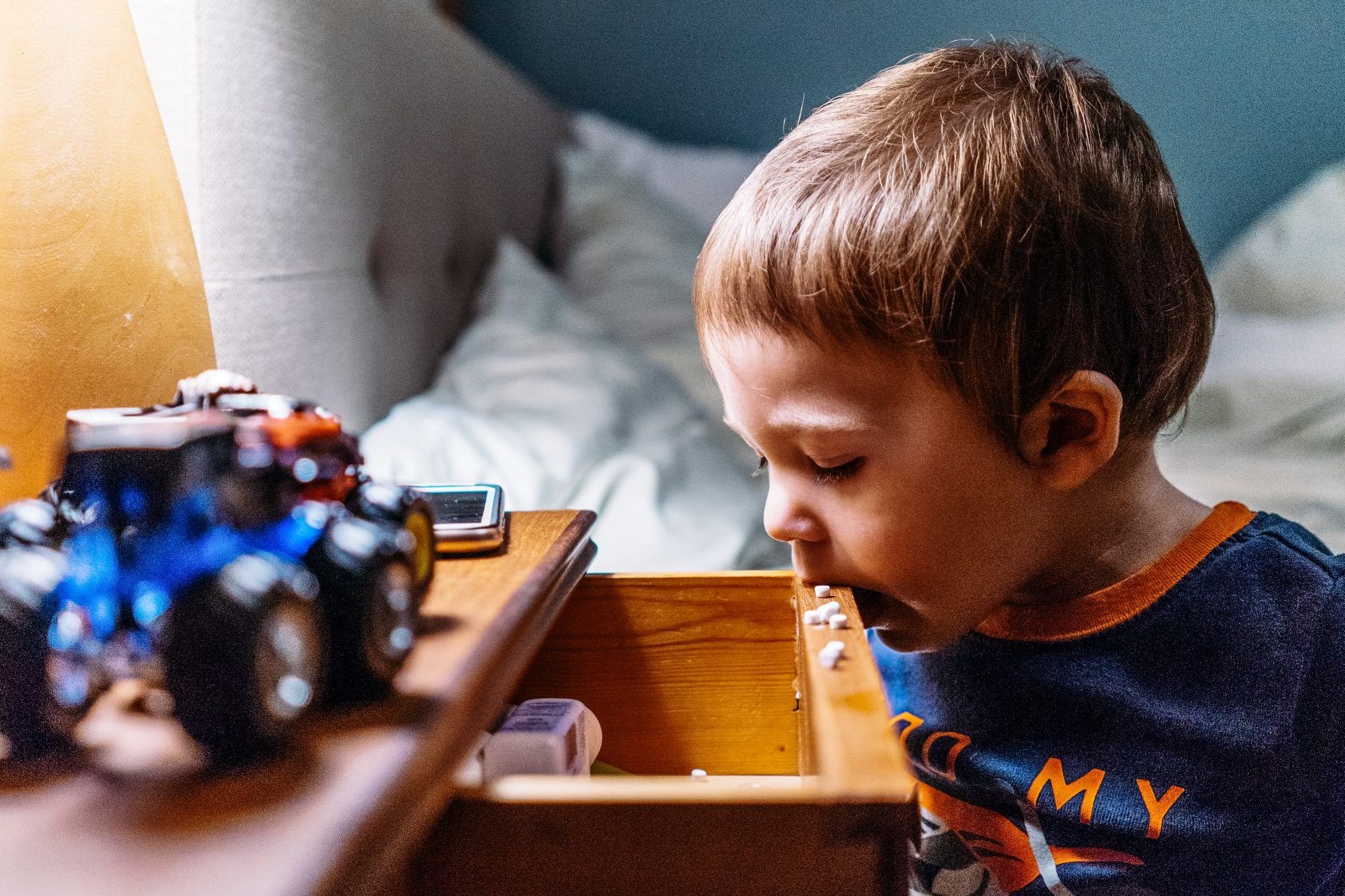
First aid: the most effective ways to prevent poisoning
Poisoning in the home environment: many poisonings occur in the home and office and it is essential to adopt simple methods to prevent them
There are many items that can cause poisoning, including drugs, make-up items, care products, fertilisers, chemicals, alcohol, cleaning products and many others.
It is important to prevent poisonings from occurring: here are the main reasons
More than 90% of poisonings occur in the home.
No matter a person’s age or education, anyone can be poisoned.
More than 60% of poisonings involve children under the age of 5.
Poisoning is the leading cause of death from harm worldwide.
The best ways to prevent poisoning
Medicines
- Keep potentially poisonous drugs locked away and out of reach of children.
- Do not share prescribed drugs with others.
- Do not remove drugs from their original containers, but keep them properly labelled and stored.
- Mouthwash should be kept away from children
- Make sure not to prepare or administer medication in the dark.
- Dispose of empty medication containers properly
Household products
- Keep all products in their original containers and label them properly.
- Keep potentially poisonous household items locked away and out of reach of children.
- Do not put poisonous household items in food containers.
- Cosmetics and personal hygiene products should be kept out of the reach of children.
- Laundry products must be properly labelled and kept out of reach of children.
- Do not put cleaning products in old soda bottles or containers with food labels.
- Be careful with products such as hairspray, perfume, shoe polish, nail polish remover and hair dye.
Carbon monoxide
- Install a carbon monoxide detector in the house, near the oven and bedrooms.
Chemicals
- Keep all chemicals and potentially poisonous substances properly labelled, locked in high cupboards and out of reach of children.
- Do not create dangerous gases by mixing household products and chemicals.
- Keep automotive products out of reach of children
- Do not leave cleaning products unattended during household cleaning
- Dispose of used batteries properly
Food and drink products
- Ensure that hands and counters are properly washed before preparing food.
- Store food at the correct temperatures; refrigerated food should not be left above 40 degrees F (5 degrees C).
- Use clean utensils for serving and cooking
- Use safety locks for all cabinets used to store poisonous and hazardous materials.
- Do not allow children to have access to drinks containing alcohol.
Insects, animals and plants
- Observe your surroundings for the presence of snakes, insects and poisonous plants and take measures to eliminate them.
- Smoke the premises
- Check the label of any insect repellent and make sure not to inhale it during application.
- Do not put rat poison on the floor of your house.
What to do if someone ingests a poisonous substance
If you or someone else has ingested a poison, remove the substance remaining in the mouth.
Afterwards, administer water to the affected person.
If the poison has settled on the skin, quickly remove contaminated clothing and rinse the skin thoroughly with large amounts of water.
If the poison has been inhaled, get fresh air immediately.
If the venom has entered the eye, gently rinse the eye for 10 minutes with moderately warm water as soon as possible.
But most important of all: in the event of suspected poisoning, call the emergency services immediately: they will certainly know how to give the most appropriate instructions depending on the case.
Read Also
Emergency Live Even More…Live: Download The New Free App Of Your Newspaper For IOS And Android
What You Need To Know About Substance Use Disorder
What Is Ketamine? Effects, Uses And Dangers Of An Anaesthetic Drug That Is Likely To Be Abused
Sedation And Analgesia: Drugs To Facilitate Intubation
Community Management Of Opioid Overdose
A Powerful Hand To Reverse An Opioid Overdose – Save Lives With NARCAN!
Accidental Drug Overdose: The Report Of EMS In The USA
Paediatric Toxicological Emergencies: Medical Intervention In Cases Of Paediatric Poisoning
First Aid In Case Of Food Poisoning
How To Deal With Panic Attacks
First Aid And Epilepsy: How To Recognise A Seizure And Help A Patient
First Aid In Case Of Food Poisoning
First Aid, Fractures (Broken Bones): Find Out What To Look For And What To Do
Poison Mushroom Poisoning: What To Do? How Does Poisoning Manifest Itself?
Hydrocarbon Poisoning: Symptoms, Diagnosis And Treatment
Mercury Poisoning: What You Should Know
Irritant Gas Inhalation Injury: Symptoms, Diagnosis And Patient Care
Respiratory Arrest: How Should It Be Addressed? An Overview
Patient Intervention: Poisoning And Overdose Emergencies


